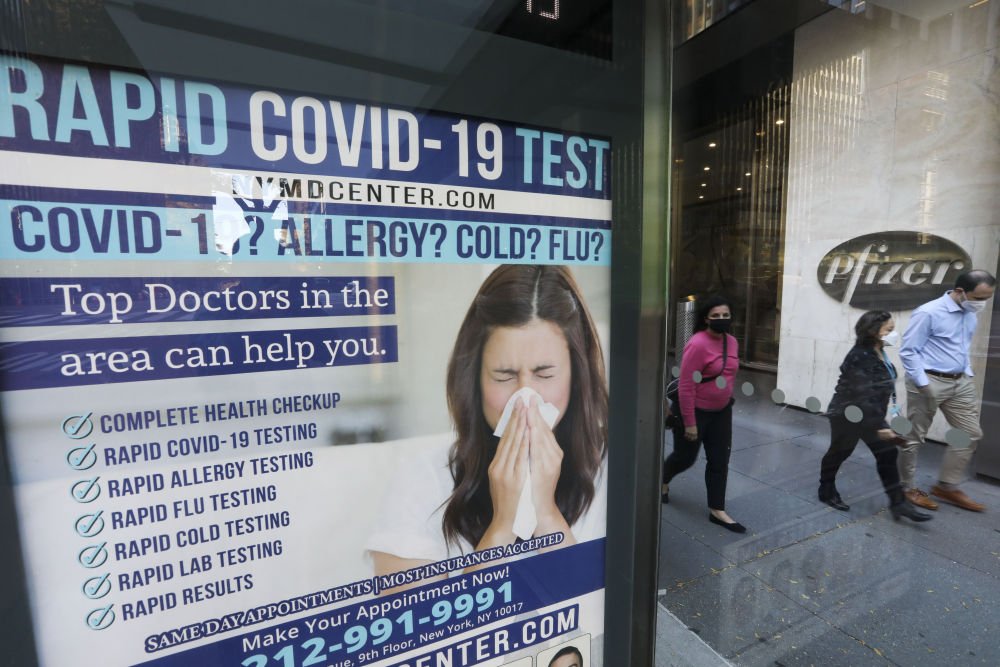Washington US Food and Drug Administration approved an emergency use authorization application for a Coronavirus antibody therapy from the US pharmaceutical company Eli Lilly to allow some mild to moderate Coronavirus patients Receive treatment with this therapy.
The US Drug Administration said in a statement that the therapy is authorized for patients 12 years of age and older, weighing at least 40 kilograms, and their condition has a high risk of developing severe illness or requiring hospitalization. This therapy is not suitable for patients with Coronavirus disease who have been hospitalized or need oxygen therapy.
According to reports, the antibody bamlanivimab used by Eli Lilly’s therapy is a monoclonal antibody against the spike protein of the new coronavirus. It can prevent the virus from attaching and entering human cells, thereby preventing and treating new coronavirus infections. The patient was treated with a single intravenous injection.
The statement said that the emergency use of the therapy was approved based on the effect evaluation of a phase 2 randomized double-blind controlled trial of 465 non-hospital patients with mild to moderate Covid-19 disease.
These patients were divided into groups and received 700 mg, 2800 mg, 7000 mg antibody or placebo treatment. The data shows that within 28 days of receiving treatment, the average proportion of patients receiving antibody hospitalization or emergency treatment was 3%, while the proportion of patients receiving placebo requiring hospitalization or emergency treatment was 10%.
The data also shows that three different doses of antibody therapy have similar effects on patients’ viral load, hospitalization and emergency medical visits, and safety.
The statement stated that possible side effects of this antibody therapy include allergic reactions and infusion-related reactions, such as nausea, diarrhea, dizziness, headache, itching and vomiting.



